A world of uncertainties & unease
Speakers at the seventh Atlantic Dialogues, held in Morocco earlier this month, discussed what the challenge to western dominance and China’s expansionism meant for their political and economic future
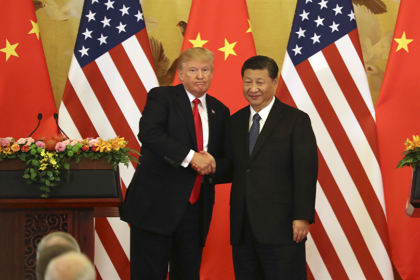 Courtesy: Sputnik News
Courtesy: Sputnik News
Speakers at the seventh Atlantic Dialogues, held in Morocco earlier this month, discussed what the challenge to western dominance and China’s expansionism meant for their political and economic future
Academic and columnist M.D. Nalapat, in this interview with Manjeet Kripalani, speaks of how a tardy bureaucracy has brought about “a too-cautious” policy towards the U.S. and China as opposed to the former Gujarat chief minister’s greater openness in consulting people before handing over policy implementation to the bureaucracy. He also discusses the prime minister’s shrewd approach to South Asia, the dependable warmth of the Japanese and a range of other topics
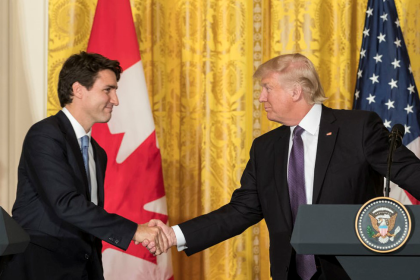 Courtesy: Wikimedia Commons
Courtesy: Wikimedia Commons
The United States, Europe and the Asia Pacific today form Canada’s tripartite foreign policy priorities. The ASEAN is its sixth largest partner, which was not so 20 years ago, but economic engagement with India – still small, compared to China and Japan – has scope to grow
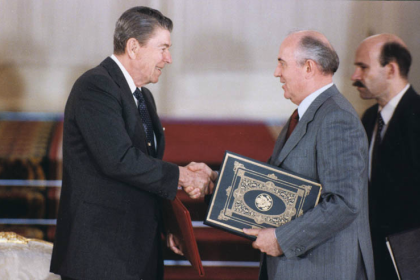 Courtesy: Wikimedia Commons
Courtesy: Wikimedia Commons
America’s withdrawal from a Cold War arms control agreement seems to be dictated by China’s development and deployment of thousands of short and medium range ballistic missiles.
 Courtesy: Debating Security Plus
Courtesy: Debating Security Plus
From 19-20 June, Brussels-based think tank, Friends of Europe organised an online brainstorming on global security issues called Debating Security Plus 2018. As part of this, Gateway House co-moderated the discussion on hybrid and asymmetric warfare. Below is the summary of that discussion, from the final report of the Debating Security Plus.
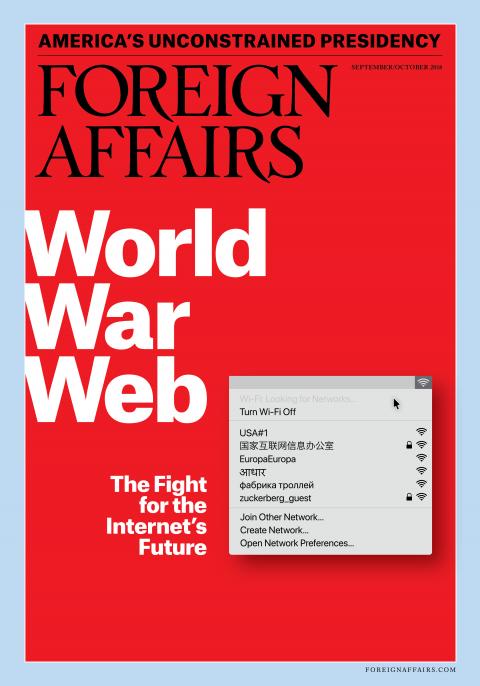 Courtesy: Foreign Affairs
Courtesy: Foreign Affairs
The immediate threat is more corrosive than explosive. States are using the tools of cyberwarfare to undermine the very foundation of the Internet: trust. The result is that an arena that the world relies on for economic and informational exchange has turned into an active battlefield.
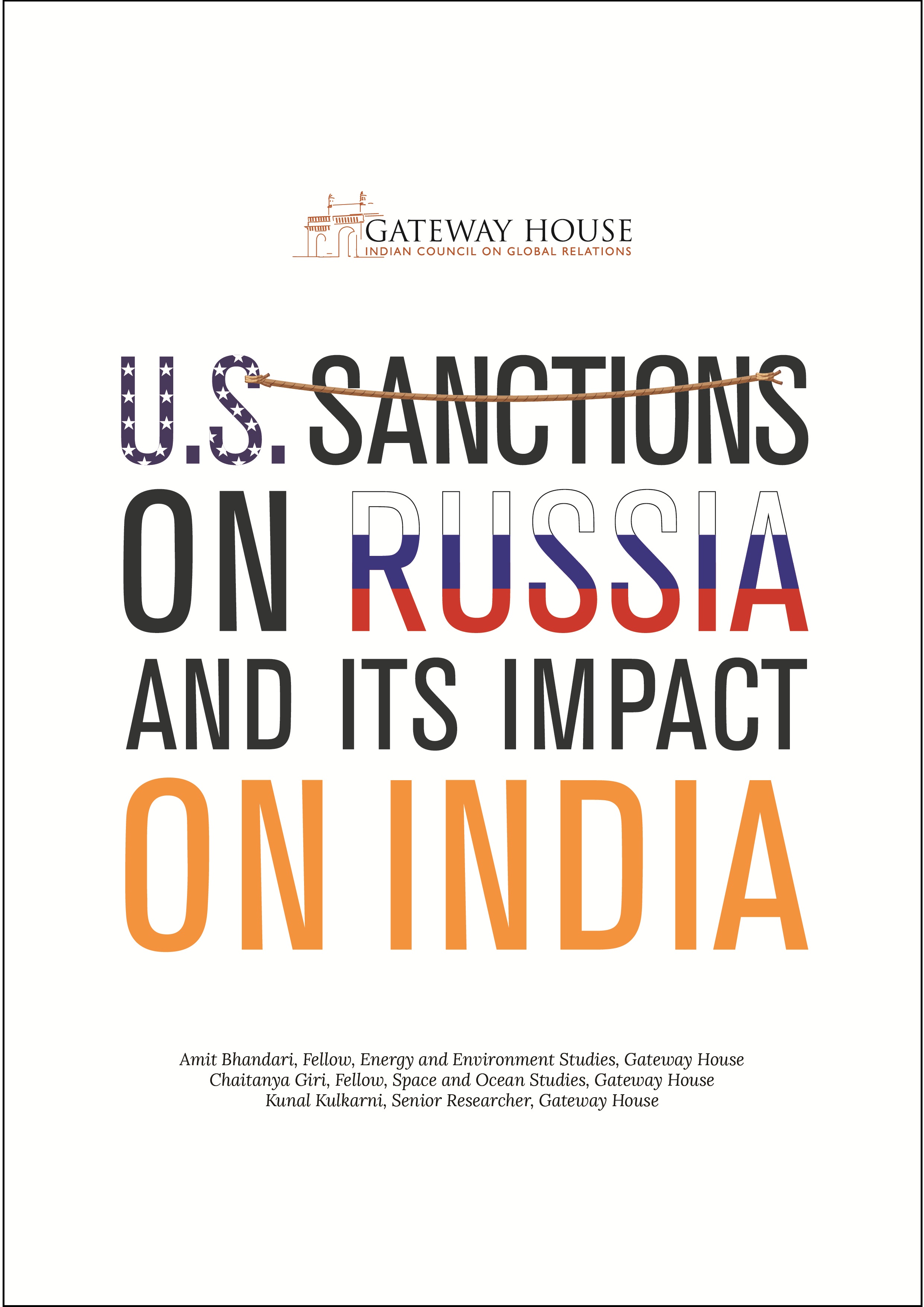 Courtesy: Gateway House
Courtesy: Gateway House
America is increasingly using sanctions as a geopolitical tool against its rivals, Russia, Iran and Venezuela. These countries are important partners for India, which needs to find ways around unilateral American sanctions.
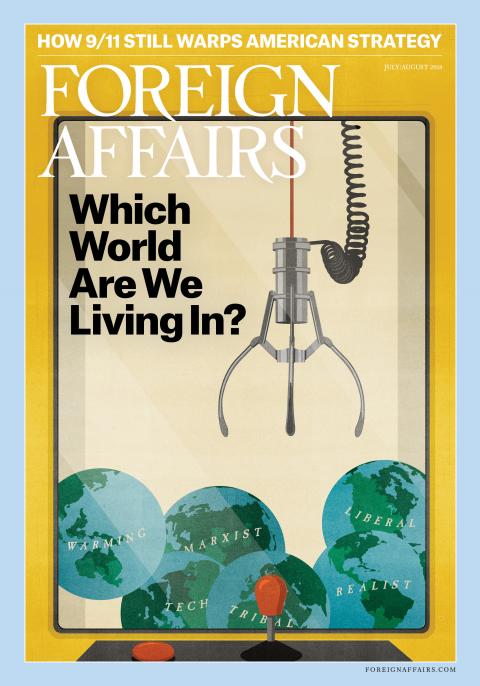 Courtesy: Foreign Affairs
Courtesy: Foreign Affairs
The psychology of Putin, the ideology of his regime, and the machinery received exhaustive attention in the West. The Russian people, however, remain poorly understood.
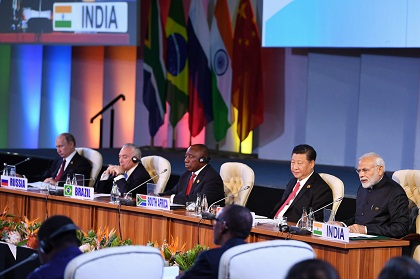 Courtesy:
Courtesy:
BRICS has grown in influence in its first decade but is still far from achieving its initial goals
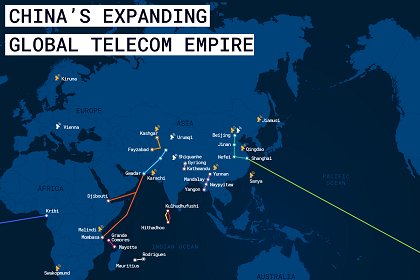 Courtesy: Gateway House
Courtesy: Gateway House
This version of the Gateway House Map on China’s Expanding Global Telecom Empire identifies some more telecommunication assets -- optic-fibre and satellite ground stations -- that Beijing is working on in South and Central America, Africa, Myanmar, the Indian Ocean Region and mainland China besides the existing ones, such as the Pakistan East Africa Cable Express (PEACE). It shows the direction China’s investment is taking, its diplomatic overtures and the larger geopolitical implications of its growing telecom empire